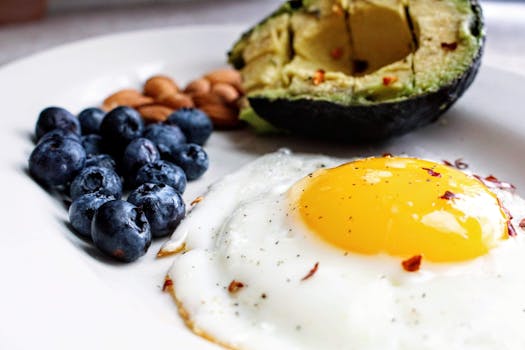Deciding whether to buy a protein powder with cane sugar comes down to context: your calorie needs, training schedule, blood sugar concerns, and taste preferences. Cane sugar is a simple carbohydrate that can make shakes more palatable and help refuel muscles after intense workouts, but it also adds extra calories and can spike blood glucose. This article explains when added cane sugar is reasonable, when to avoid it, and practical alternatives such as protein drinks without artificial sweeteners.
When protein powders include cane sugar
Some manufacturers add cane sugar to flavored protein powders to improve texture and mask bitterness. For athletes doing long endurance sessions or back-to-back training days, the quick carbs in cane sugar can support glycogen recovery and help maintain performance. Similarly, if you struggle to meet daily calorie targets for weight gain or muscle building, a scoop of protein powder with cane sugar can be an easy way to increase energy intake without preparing full meals.
Good circumstances for cane-sweetened options
- Post-exercise refueling after long or intense sessions where carbohydrate is needed.
- Bulking phases when extra calories are desired and weighed into a plan.
- Short-term taste improvement to help stick with a protein regimen.
That said, cane sugar provides “empty” calories—energy without micronutrients—so it’s best used deliberately. If most of your day already contains refined carbs and sweets, adding a sugar-sweetened shake can push you past appropriate calorie or carbohydrate goals.
When to skip cane-sweetened protein powders
People with insulin resistance, type 2 diabetes, or those aiming for fat loss should generally avoid protein powders with added cane sugar. Rapid blood sugar rises can make appetite regulation harder and undermine glucose control. If you’re focusing on weight loss, choosing a low- or no-added-sugar protein powder helps keep shakes satisfying without extra calories.
For medical or structured dietary interventions, consult resources tailored to metabolic health. For example, those exploring intensive dietary changes for blood-sugar management may review approaches like the NHS soup and shake diet and its role in reversing type 2 diabetes in specific programs: NHS soup and shake diet approach to reversing type 2 diabetes.
Why artificial sweeteners aren’t always the answer
Some shoppers avoid cane sugar but wind up choosing products with artificial sweeteners. If you’re concerned about artificial additives, seek protein drinks without artificial sweeteners that use natural zero-calorie options like stevia or monk fruit, or simply opt for unflavored powders. While artificial sweeteners reduce added sugars and calories, they can leave an aftertaste for some people and have mixed effects on appetite and gut microbiota in preliminary research.
How to choose wisely
Evaluate the label: check sugar per serving, type of carbohydrate, protein source, and total calories. If sugar is listed in the top three ingredients, the product is likely a flavored treat rather than a lean protein supplement. For athletes, consider pairing a higher-sugar powder with training needs; for everyday use, choose low-sugar or unflavored options.
For guidance on added sugars and their health impacts, reputable public health agencies provide evidence-based information. See CDC guidance on added sugars for recommendations and context when reading labels: CDC guidance on added sugars.
Practical tips
- Use sugar-sweetened powders selectively—post-workout or during bulking phases rather than every day.
- If you dislike artificial sweeteners, try unflavored powder with natural flavor boosts like cocoa, fruit, or cinnamon.
- Compare calories per serving and factor shakes into your total daily intake to avoid unintended weight gain.
Short FAQ
Q: Is cane sugar in protein powder worse than honey or fruit?
A: Nutritionally, cane sugar and honey are both simple sugars and will similarly raise blood glucose when consumed in isolation. Whole fruit adds fiber, vitamins, and water, which slows absorption—so fruit is typically a better carbohydrate choice than added sugars.
Q: Can I mix an unflavored powder with natural ingredients instead of buying sweetened protein?
A: Yes. Mixing unflavored protein with mashed banana, berries, cocoa, or a small amount of natural syrup lets you control flavor and sugar content. This approach is flexible for both calorie control and taste preferences.
Q: Are there situations where choosing protein drinks without artificial sweeteners is best?
A: Yes—if you prefer to avoid synthetic additives for taste, health, or personal reasons, pick products marketed as natural or unflavored. Many athletes and everyday users choose these to reduce both added sugars and artificial sweeteners while keeping protein intake consistent.






